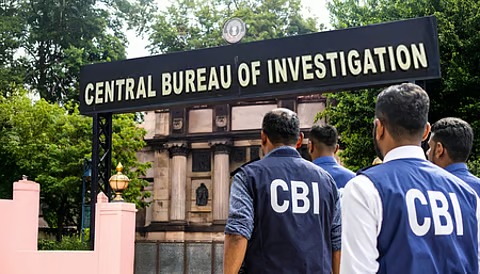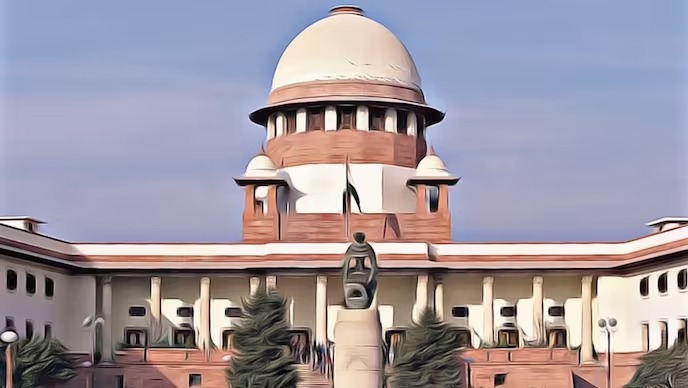Ajay Kumar Tripathi, CJ
1. Heard counsel for the Appellant and counsel for the State.
2. The Appellant is aggrieved by a part of the Order dated 29.06.2018 passed by the learned Single Judge in WP(S) No.121 of 2011.
3. A departmental enquiry was initiated against the Appellant where the authorities did not find any charge of misconduct. At the most, it was said to
be a case of procedural irregularity and even violation of the financial rules were not found. In totality, therefore, the disciplinary authority decided to
caution him for future, but exonerated him of all the charges. However, surprisingly even despite the exoneration, the disciplinary authority decided not
to pay the salary to the Appellant for the period of suspension which subsisted between 22.12.2001 to 11.02.2003 except the subsistence allowance.
4. Orders of suspension are passed not as a measure of punishment.
Suspensions are orders in anticipation of departmental enquiry and if on conduct of a departmental enquiry, if the employee is exonerated of the
charges then it amounts to acquittal of the employee of the wrong doings with which he was charged. If that be so, then withholding payment of salary
for the period of suspension would amount to imposition of punishment upon the employee which cannot come to visit him in view of categorical
finding given by the enquiry officer as well as by the disciplinary authority that the evidence at the most amounts to procedural error and not of any
other misconduct.
5. By not setting aside the order withholding the salary for the period of suspension would be allowing a punishment to be imposed upon the employee
when the disciplinary authority had himself exonerated him of the charges which were brought against him.
6. The impugned order of the learned Single Judge to that extent is set aside. The respondents are directed to pay salary to the Appellant for the
period of suspension minus the subsistence allowance which has already been paid or allowed to the Appellant. Rest of the orders of the learned
Single Judge are not required to be interfered with which any way are in favour of the Appellant.
7. The appeal is allowed to the extent indicated above.

